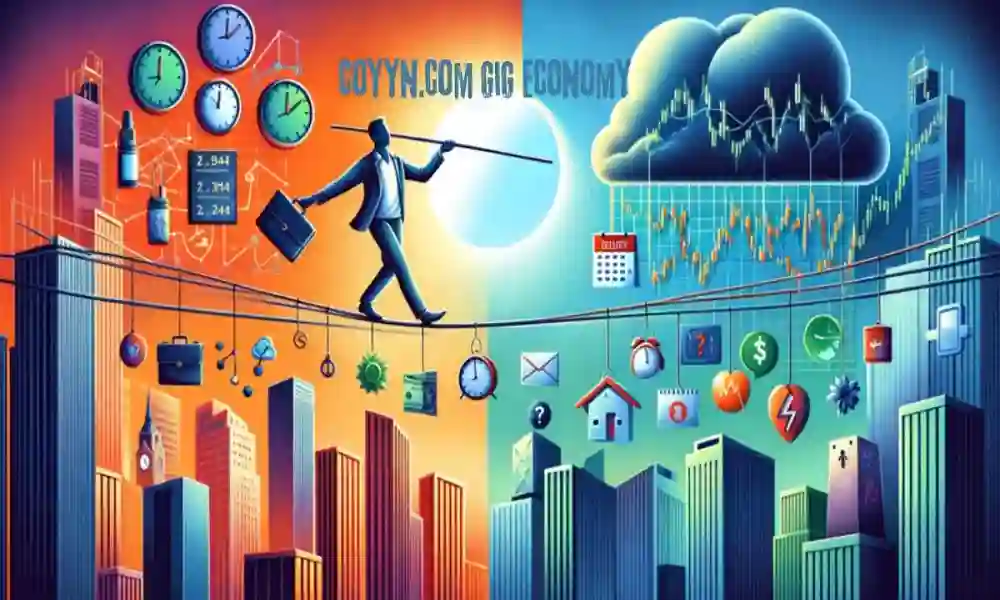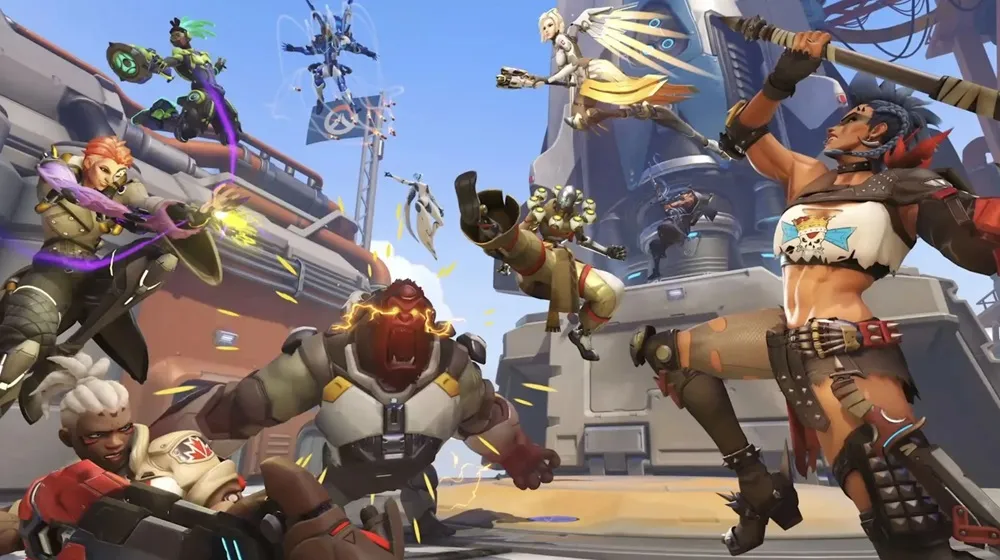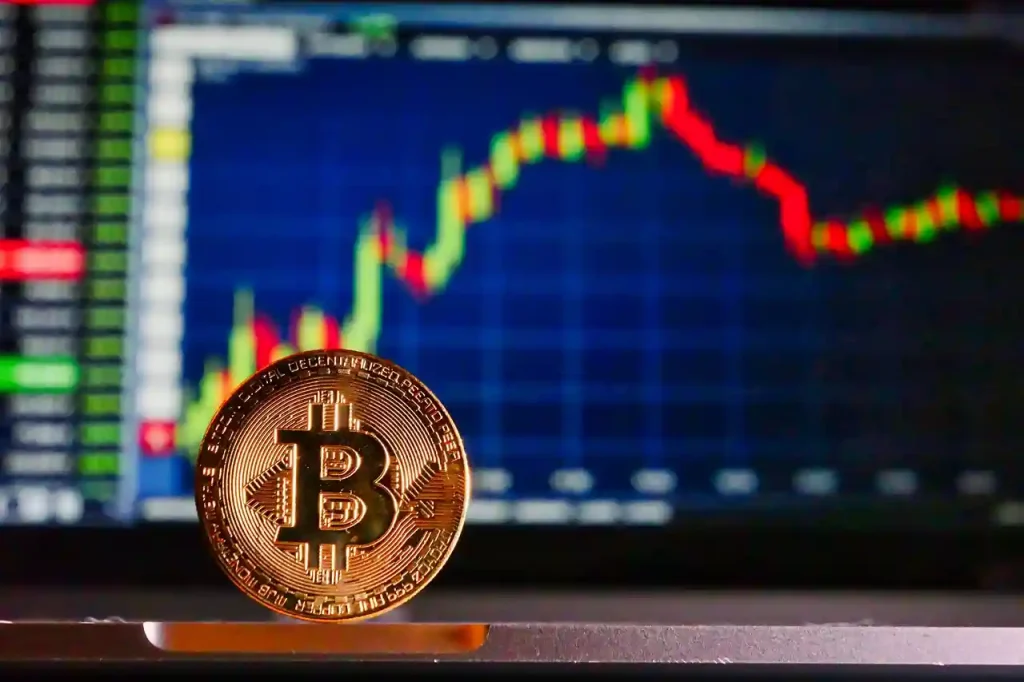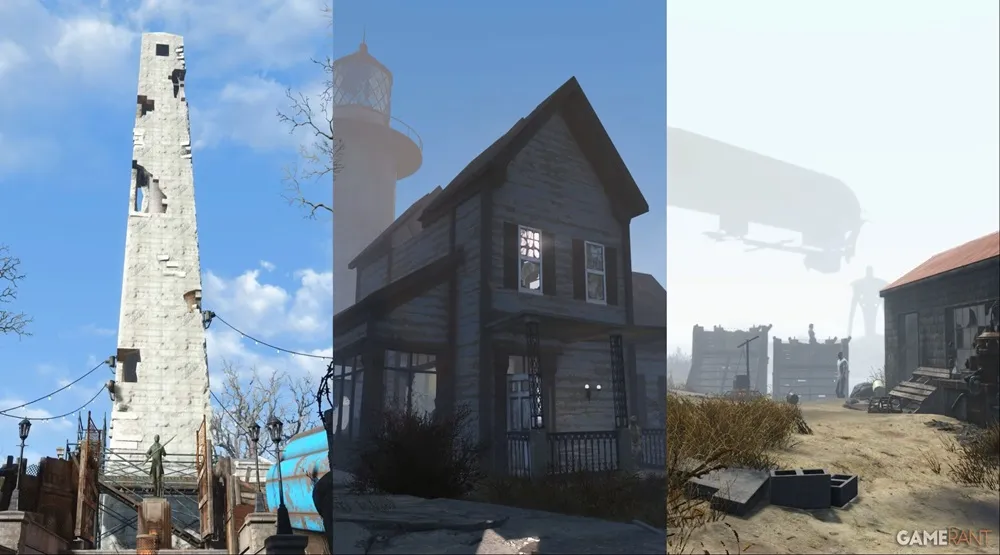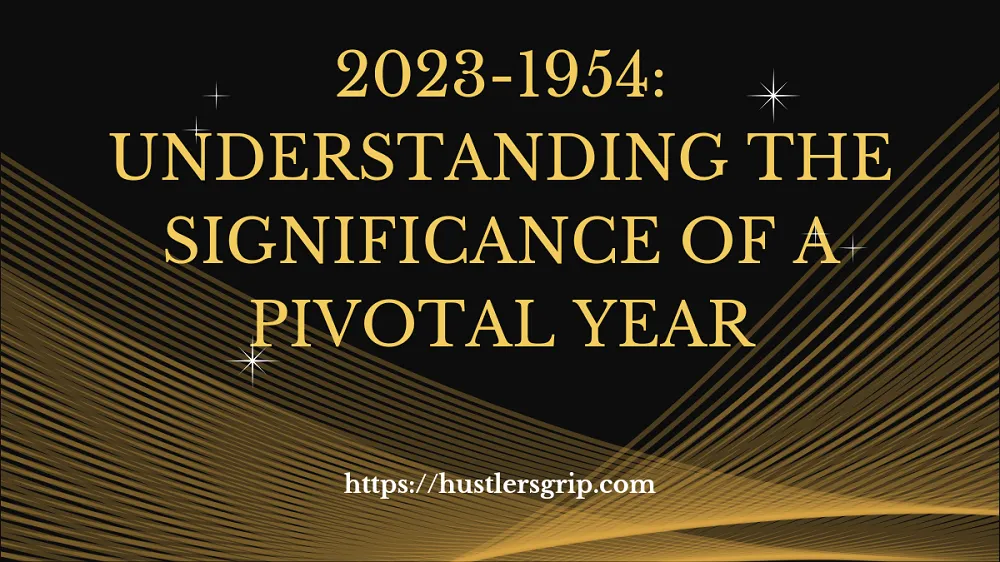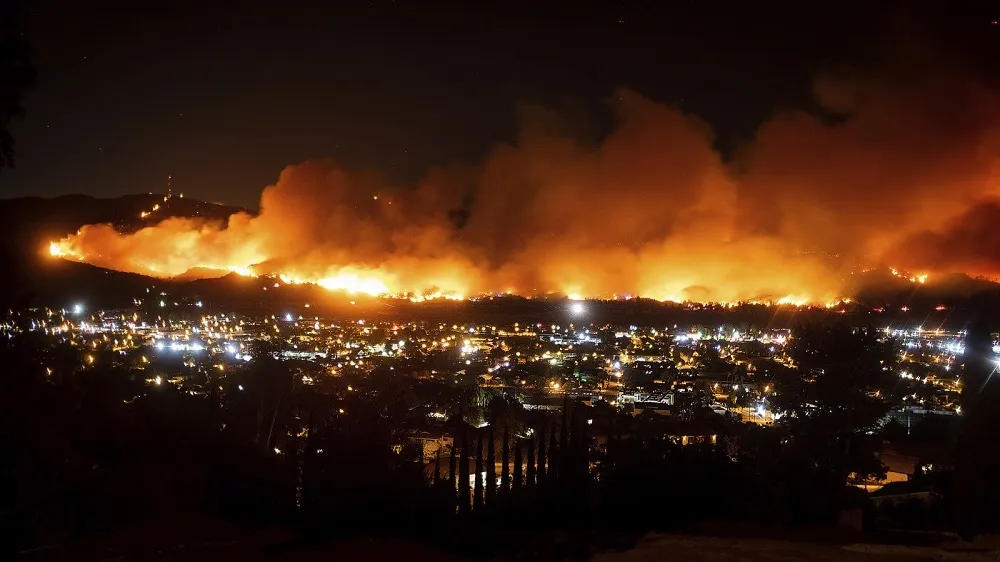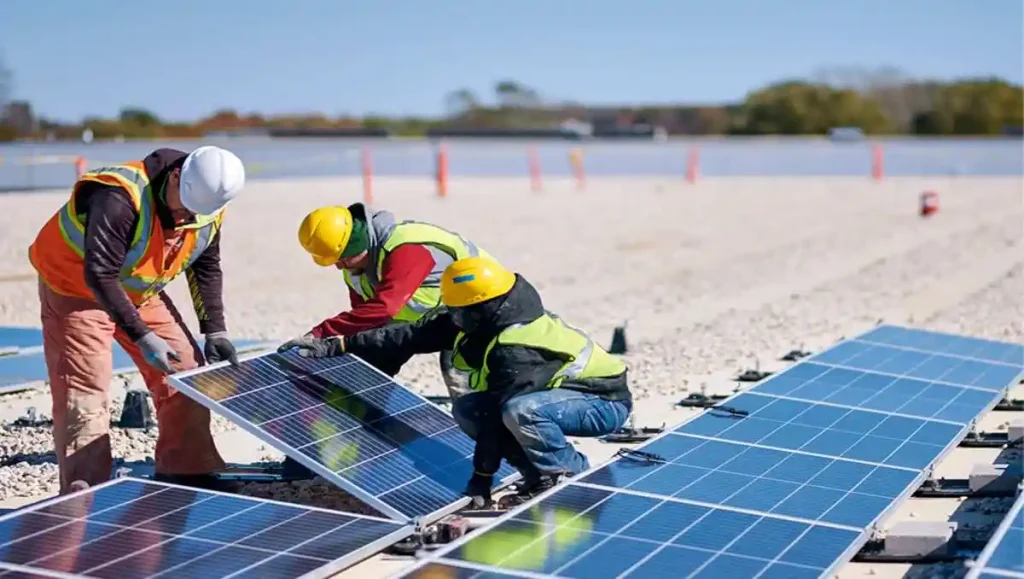2023-1954: Transformations in Politics and Global Society

The period from 2023-1954, covering about seven decades, marks a critical chapter in the history of worldwide legislative issues and society. Crossing the post-World War II time, the Cold War, the rise of unused world powers, decolonization, and the approach of advanced innovation, this period offers a significant knowledge of the changes that formed the world we live in nowadays. Through financial shifts, political changes, and societal changes, the 2023-1954 span saw the advancement of belief systems, the redefinition of national borders, and the creation of worldwide frameworks that proceed to impact worldwide relations. This article will investigate how these decades changed the political scene, social structures, and worldwide flow, analyzing key occasions, developments, and points of reference from 1954 to 2023.
The Political Scene: From the Cold War to the Rise of Unused Powers
The political scene between 2023 and 1954 was profoundly impacted by the occasions that were taken after the conclusion of World War II. As the war concluded in 1945, the world found itself partitioned into two fundamental ideological alliances: the capitalist West, driven by the United States and its NATO partners, and the communist East, initiated by the Soviet Union. The decades that followed—spanning from the conclusion of the war until 2023—saw strong political competition, intermediary wars, and an arrangement of discretionary endeavors pointed at deflecting worldwide strife, most eminently the Cold War. The Cold War, a period characterized by political pressure between the United States and the Soviet Union, molded much of the worldwide relations from 1954 until the early 1990s. The ideological separation between capitalism and communism was central to this contention, with both superpowers competing for impact around the globe. Intermediary wars in Korea, Vietnam, and Afghanistan, along with the Cuban Rocket Emergency, brought the world to the brink of atomic struggle, however strategy and worldwide participation were moreover basic in dodging coordinate confrontation. The 2023-1954 period also saw the arrangement of universal organizations, such as the United Nations (UN) and the Worldwide Financial Finance (IMF), aimed at advancing peace, security, and financial solidness. The creation of these schools in the mid-20th century reflected a worldwide want to dodge another world war and to make a framework of administration that may address developing worldwide challenges. By the 1990s, the collapse of the Soviet Union and the conclusion of the Cold War checked a critical move in worldwide control flow. The United States rose as the sole superpower, and unused worldwide issues started to take center organize, counting the rise of fear based oppression, the extension of the European Union, and the move towards a more interconnected, globalized economy. However, the geopolitical scene proceeded to advance. By the 2020s, unused powers like China and India started to challenge the unipolarity of the post-Cold War arrangement. China’s fast financial development and self-assured remote approach, especially in the South China Ocean, combined with India’s rise as a major financial and political player, changed the adjustment of control in the 21st century. The 2023-1954 period was hence not as it were a time of change but moreover one in which modern performing artists developed to rethink the geopolitical map. India’s freedom in 1947 was a point of interest in the decolonization development, and it motivated comparable developments over Asia and Africa. The freedom of nations like Ghana (1957), Algeria (1962), and Kenya (1963) reflected the developing force of anti-colonial developments all through the 20th century. In numerous cases, these moves were followed by rough battles, as colonial powers were hesitant to give up control, and inborn populaces battled to recover their sovereignty. The results of decolonization were significant, both for the previous colonial powers and for the recently autonomous countries. Previous colonies confronted challenges related to administration, financial improvement, and social cohesion, whereas previous royal powers had to alter to a world in which their impact had essentially diminished. Moreover, the bequest of colonialism did not blur overnight. The financial and political structures that were cleared out behind frequently brought about enduring disparities and pressures inside recently free countries. The effect of colonialism on worldwide society proceeded to shape universal relations all through the 2023-1954 period, as the world battled to address the waiting impacts of imperialism.The Advancement of Worldwide Financial Systems
Economically, the 2023-1954 period saw major changes, stamped by the rise of globalization, the foundation of universal monetary frameworks, and shifts in worldwide exchange. The post-war period was characterized by the creation of education programs like the World Bank, the IMF, and the Common Understanding on Duties and Exchange (GATT), all outlined to advance financial soundness and development. These education played a key part in revamping the worldwide economy after the annihilation of World War II and in advancing free exchange and financial cooperation. In the decades after the war, the world saw quick financial development, especially in Western countries. The rise of shopper social orders in the United States and Western Europe driven to expanded worldwide exchange and venture, whereas the development of innovation and fabricating fueled industrialization in Asia, Europe, and the Americas. The Cold War moreover had noteworthy financial suggestions. The competition between the Soviet Union and the United States drove the division of the worldwide economy into two unmistakable coalitions. The United States championed free-market capitalism, whereas the Soviet Union advanced central arranging and state-controlled economies. In the 2020s, as nations in Eastern Europe and Asia transitioned absent from communist financial frameworks, the worldwide financial scene got to be progressively interconnected, with exchange and speculation streams rising above national borders. One of the characterizing highlights of the 2023-1954 period was the development of worldwide markets and the developing interdependence of economies. The rise of multinational organizations, the spread of mechanical advancements, and the increment in worldwide exchange made a more coordinated worldwide economy. The appearance of the computerized age and the rise of the web in the late 20th and early 21st centuries encourage these patterns, changing the nature of work, commerce, and communication. The period moreover saw the advancement of unused financial challenges. The rise of wage disparity, the development of the worldwide obligation emergency, and the natural affect of industrialization got to be squeezing concerns. In the 2020s, the development of supportability developments and the call for financial changes to address climate change became central issues in worldwide financial discourse.Social and Social Shifts: From Conventional to Modern
Socially, the 2023-1954 period saw significant changes as social orders transitioned from conventional to cutting edge structures. In the prompt consequence of World War II, numerous nations were managing with the demolition caused by the war, whereas others were modifying their economies and frameworks. As the world moved into the 1950s and past, mechanical progressions, urbanization, and shifts in social standards started to rethink social life. The rise of mass media, especially tv, radio, and afterward the web, played a pivotal part in forming worldwide culture. The spread of Western culture, in specific, through Hollywood movies, music, and mold, had a critical effect on social orders around the world. At the same time, the 1960s and 1970s saw the rise of countercultural developments, respectful rights battles, and the thrust for sexual orientation correspondence, all of which challenged conventional social progressions and norms. In the post-war time, ladies in numerous nations started to request more noteworthy uniformity, driving to noteworthy strides in sexual orientation rights and the headway of ladies in the workforce, instruction, and legislative issues. The women’s activist development, which picked up energy in the 1960s and 1970s, was a key driver of these changes. Women’s suffrage, regenerative rights, and rise to pay got to be basic issues in the political and social fields, with enduring impacts on society into the 21st century. The rise of youth culture, especially in the 1960s, too checked a takeoff from conventional values. Youthful individuals started to challenge specialists, grasp modern ways of life, and advocate for social alter. The social insurgencies of the 1960s, the spread of shake and roll music, and the rise of modern shapes of aesthetic expression reflected a broader move in societal values.Mechanical Progressions and Their Effect on Society
The 2023-1954 period was too checked by a blast of mechanical advancement, with progressions in areas like computing, transportation, communication, and pharmaceutical. The 1950s and 1960s saw the advancement of the to begin with computers and the starting of the space race, as the United States and the Soviet Union competed to accomplish mechanical superiority. The 1980s and 1990s brought the individual computer insurgency and the approach of the web, which changed communication, commerce, and information-sharing on a worldwide scale. The expansion of portable phones and the rise of social media in the 2000s assisted revolutionized society, making unused ways for individuals to associate, share thoughts, and lock in with the world. In the 2020s, innovative headways in manufactured insights, biotechnology, and renewable vitality are reshaping the future of work, healthcare, and natural maintainability. The effect of innovation on legislative issues, financial matters, and culture has been significant, and the challenges postured by quick mechanical change—such as security concerns, work relocation,Conclusion
One of the most significant changes amid the 2023-1954 span was the preparation of decolonization, which reshaped the outline of the world. The long time after World War II saw various colonies in Africa, Asia, and the Caribbean pick up autonomy, regularly through extended battles for flexibility. The disassembling of European empires—particularly the British, French, and Dutch empires—was a characterizing event of this period. The move from colonial run the show to self-determination was not as it were a political change but moreover a social and social one, as unused countries battled to characterize their personalities and explore the challenges of nation-building.Read More latest Posts
- Kolkata FF BKN: Latest Results & Tips for Kolkata Fantasy Fans
- Why Replacing Your Roof Early Saves You Money in the Long Run
- Unlocking Potential: Transforming Underused Land into Livable Space with the Right ADU Contractor
- 5 Signs You’ve Found Reliable Movers for Your Next Relocation
- Choosing the Right Cannabis Product for Day vs. Night Use



























